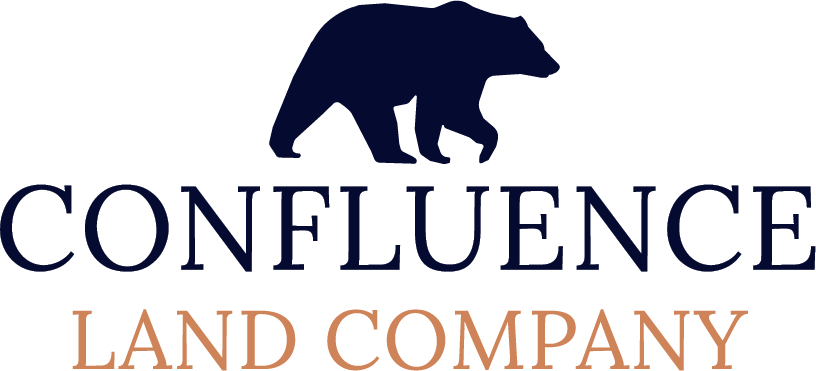Redrawing the Risk Map: How HB25-1182 Could Reshape Insurance for Colorado Ranches
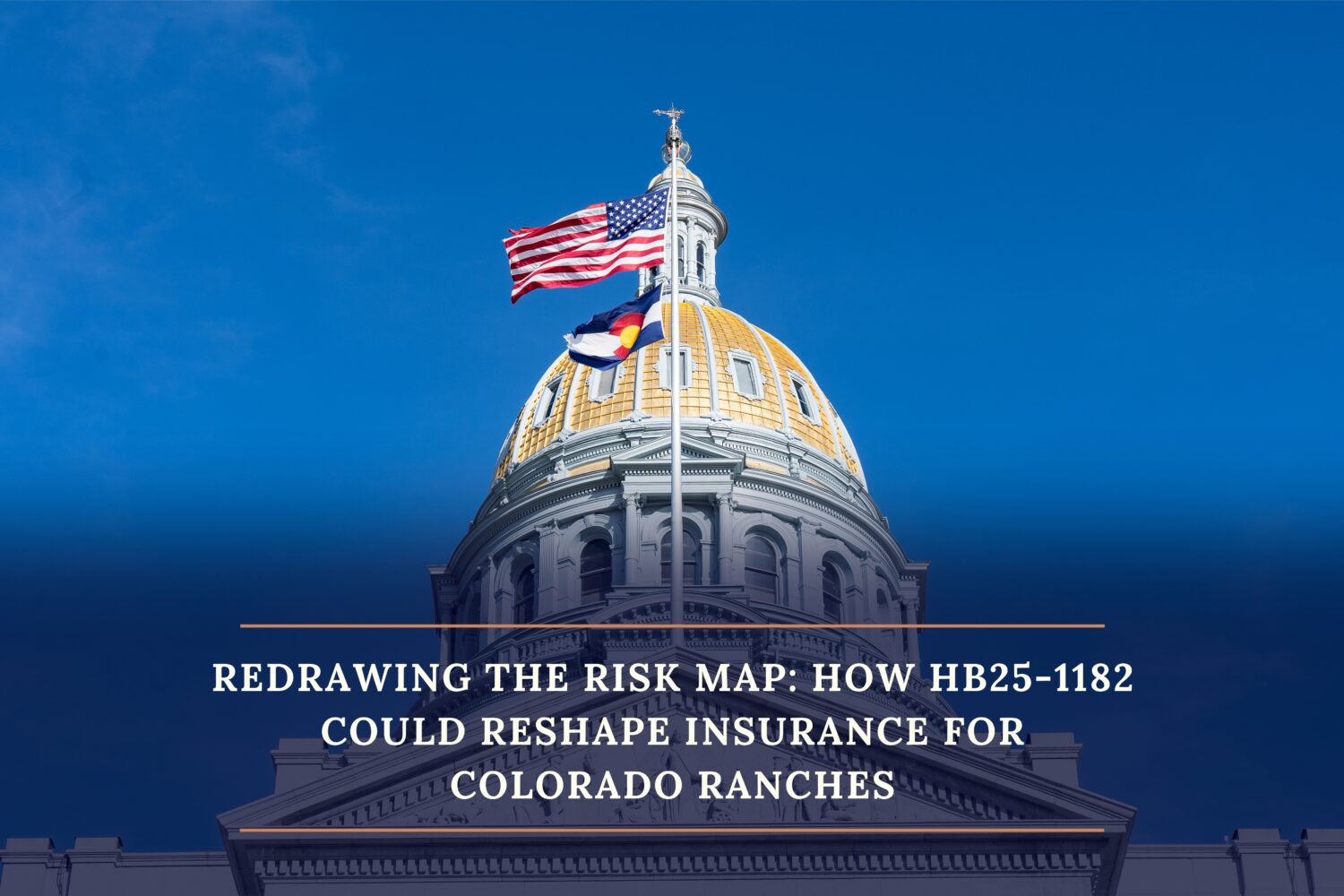
In recent years, rising wildfire threats and increasing property insurance costs have grown as major concerns for landowners across Colorado—particularly those managing large rural properties with valuable vertical improvements. To address these issues, Colorado lawmakers introduced House Bill 25-1182 (HB25-1182), titled “Risk Model Use in Property Insurance Policies.” On May 1st, 2025, HB25-1182 passed the Colorado House and Senate. The following day, the bill landed on Gov. Jared Polis’ desk where it awaits signature.
Confluence Land Company has significant experience when it comes to assisting our clients with sourcing the coverage they need on their ranch properties. This has and will continue to manifest itself in a variety of forms, especially as it relates to fire. Whether it is recommending mitigation strategies near improvements before taking a ranch to market, highlighting fire-resistant building materials in our listing material or during negotiations with insurance companies, we have a track record of being able to get our clients coverage in an increasingly difficult environment for rural insurance in the mountains. With tragic Western wildfires making the news each year, the rising cost and uncertainty of securing reasonable policies on Western ranches is an unfortunate truth to navigate. We hope HB25-1182 will give greater resolution to the quotes our clients receive and improved mechanisms for lowering costs or securing coverage in general. We believe that ranch owners, as stewards of the land, should be rewarded and accommodated when the undertake valuable forest management work on their land. On larger private holdings, the progress made in wildfire mitigation and habitat improvement often provides positive outcomes for the greater community. This is a concept that is not often recognized when we are assisting clients in working with insurance companies. This bill has caught our attention because of the possibilities it may bring for our friends, clients, and those living in Colorado’s fire prone areas.
This bill is designed to increase the transparency around how insurance companies assess wildfire risk and to ensure that landowners are treated fairly when it comes to setting insurance premiums. For ranch owners, sellers, and potential buyers, HB25-1182 offers both protections and opportunities that may impact property values, insurance affordability, and facilitate real estate transactions moving forward.
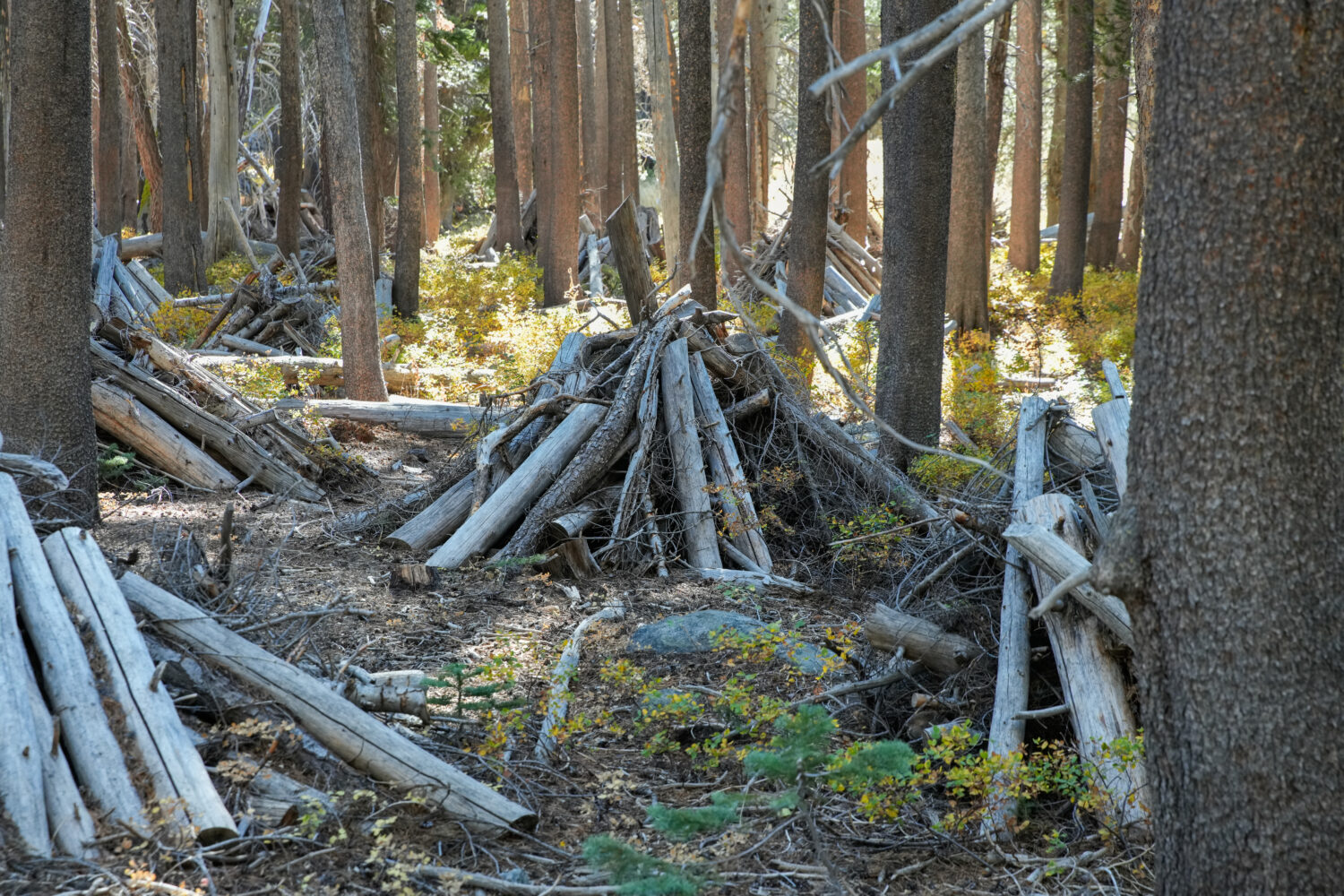
Key Provisions of HB25-1182
Transparency in Risk Scoring – Insurance companies that use wildfire risk models must disclose to the policyholder the following influences in their decision-making.
- The specific wildfire risk score assigned to the property.
- The range of scores available in their chosen model (e.g., 1 to 100).
- The factors that contributed to the score such as topography, vegetation management, structure materials, nearby water resources, etc.
- Property-specific steps a property owner can take to lower that score, reduce risk, and manage the cost of their coverage.
This level of transparency is intended to help landowners understand why their insurance premiums may be high and what they can realistically do to bring them down.
Recognition of Mitigation Efforts – Insurance companies must consider individual and community-level wildfire mitigation efforts when evaluating risk. This includes but is not limited to:
- Establishing defensible space around structures.
- Replacement of roofing or siding with fire-resistant materials.
- Participating in local wildfire preparedness programs or cooperating with Community Wildfire Protection Plans (CWPPs).
- Installing sprinkler systems to protect improvements.
- Plans for leveraging decreed water resources on a ranch or farm for fire suppression.
- Strategies for using ranch-owned equipment to construct firelines when a wildfire is imminent.
- Livestock grazing strategies aimed at minimizing fuels.
Ranch owners who have already made these investments—or plan to—may anticipate insurers giving credit for those efforts when setting premiums or determining eligibility.
Appeal Process for Property Owners – Should you disagree with how your ranch’s risk was assessed; you will have a recourse to challenge the assessment:
- You may file a formal appeal with your insurance company.
- The company must respond within 10 days acknowledging the appeal and come to a decision within 30 days.
- If the appeal is denied, you can escalate the issue to the Colorado Division of Insurance, which has the authority to review and address unjust assessments.
This provision provides increased balance to the power insurance companies currently have in determining risk without recourse.
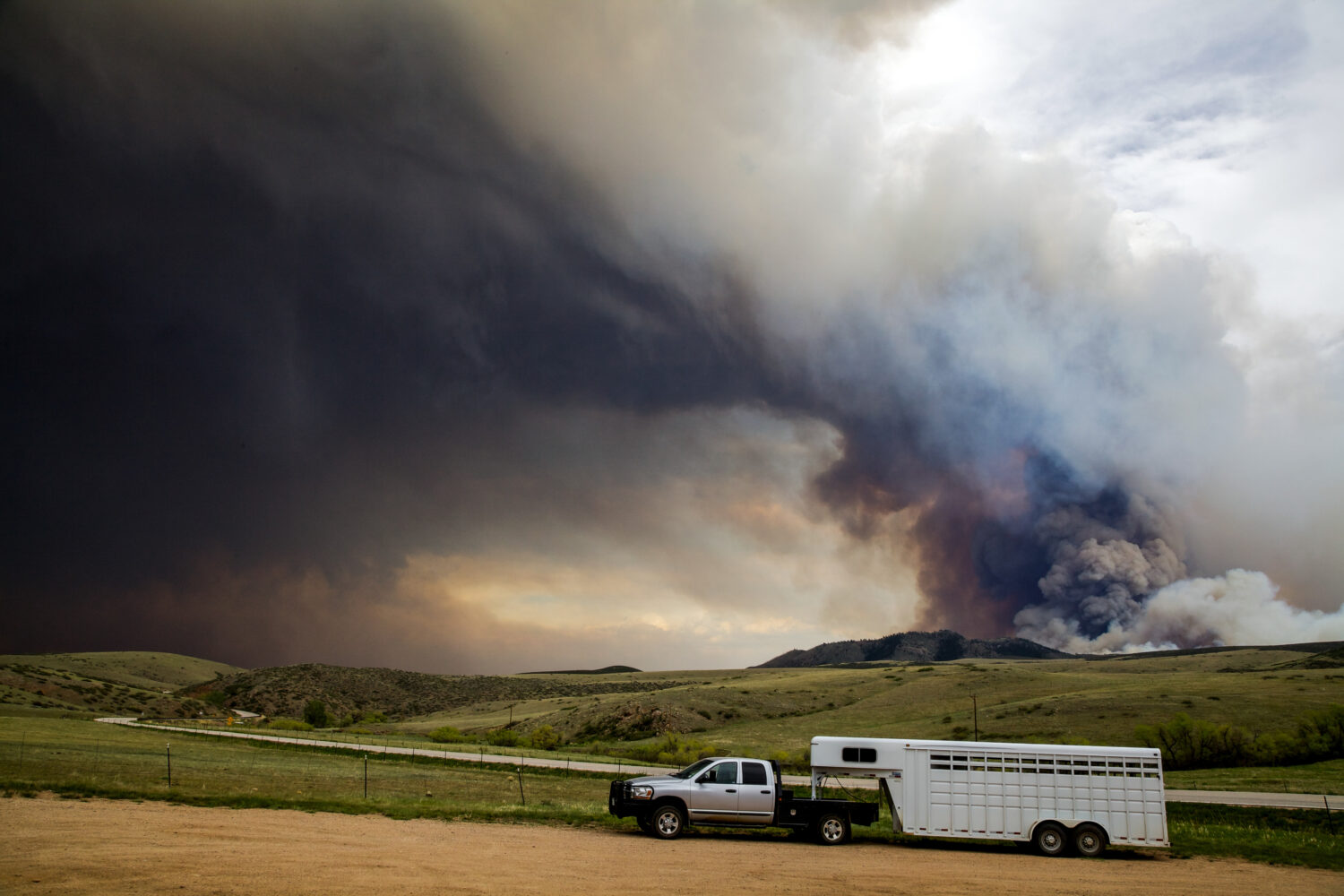
What This Means for Ranch Stakeholders
For Current Ranch Owners:
If you’re currently managing a ranch in Colorado, HB25-1182 will provide new tools to navigate wildfire insurance challenges:
- You be able to clearly understand your wildfire risk score and how it was calculated.
- Investment in fire mitigation efforts, once inconsistently recognized, must now be considered.
- You have the right to appeal what you believe to be an unfair score or exorbitant rate.
If you have taken steps like mechanical mitigation, upgrading your structures, participating in prescribed burns, or joining local fire preparedness programs, those improvements would be part of the official insurance risk assessment process. Something Confluence Land Company has long worked to convey when working with our clients’ insurance companies.
For Sellers:
If you’re preparing to sell a ranch property, this bill offers an opportunity to:
- Demonstrate the property’s reduced wildfire risk through official documentation.
- Show potential buyers what mitigation steps have been completed—and how those steps are recognized by insurers.
- Use this transparency to justify pricing and build buyer confidence in the long-term viability and affordability of insuring the property.
In a competitive market, ranch properties with favorable wildfire risk scores and insurance quotes will stand out to the buyer pool.
For Potential Buyers:
Buying a ranch in Colorado, particularly the timbered and mountainous regions of the state come with both opportunity and risk. Should the bill pass, HB25-1182 provides:
- Clear access to wildfire risk data on properties you’re considering.
- Insight into how your insurance premiums may be affected, based on a ranch’s current risk scores.
- A chance to request mitigation assessments and plan for future improvements with cost savings in mind.
This information will empower buyers to make more informed, long-term decisions—not just based on the land, wildlife, livestock, or water potential, but on what it will cost to protect that investment.
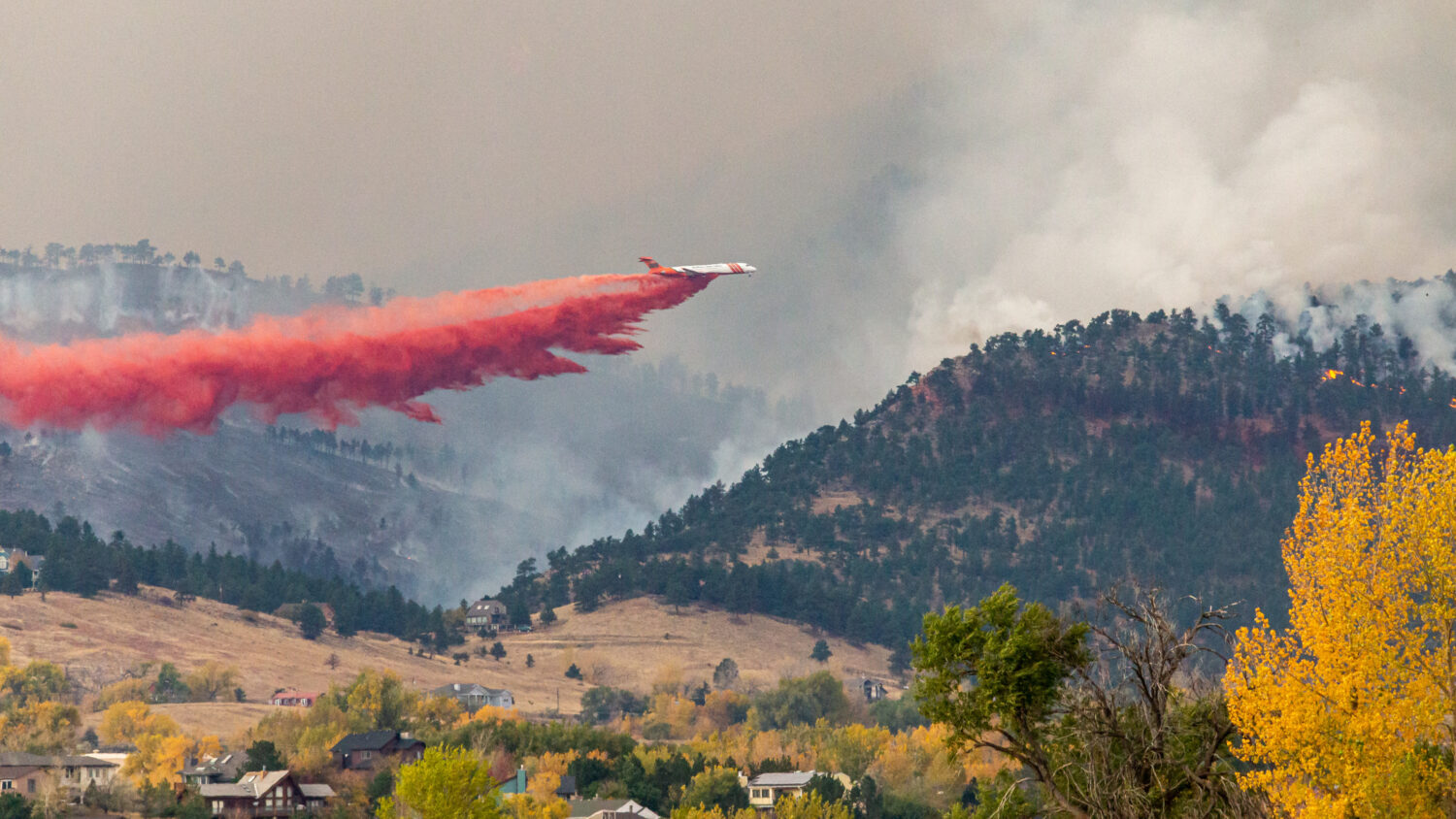
House Bill 25-1182 represents a major step toward addressing the wildfire insurance crisis affecting rural and agricultural properties in Colorado. Read the full House Bill in its current state here. While it doesn’t cap insurance prices or prevent non-renewals outright, if enacted it will give ranch and other property owners a voice, as well as a better-defined understanding of risk in a more equitable system.
